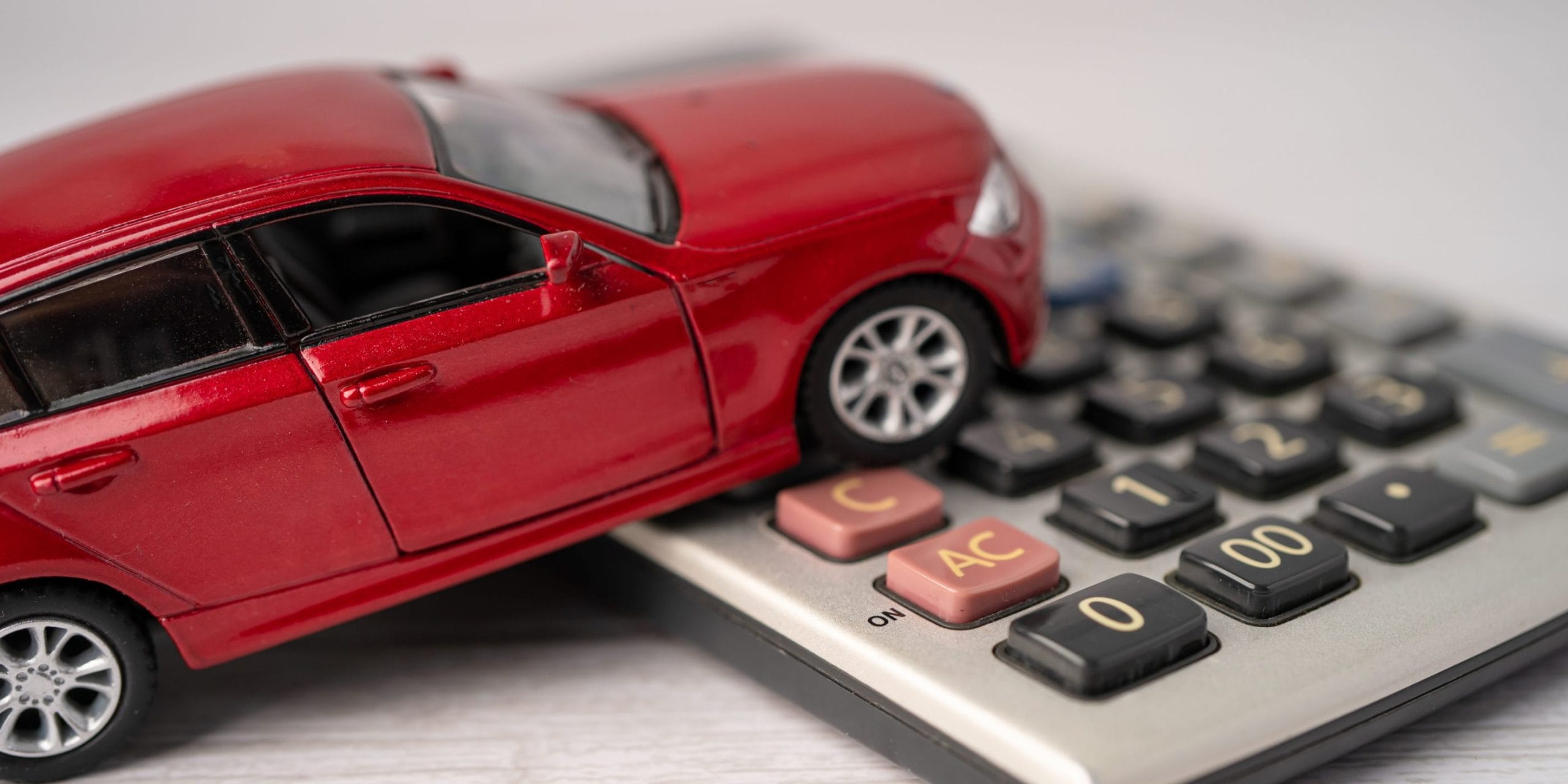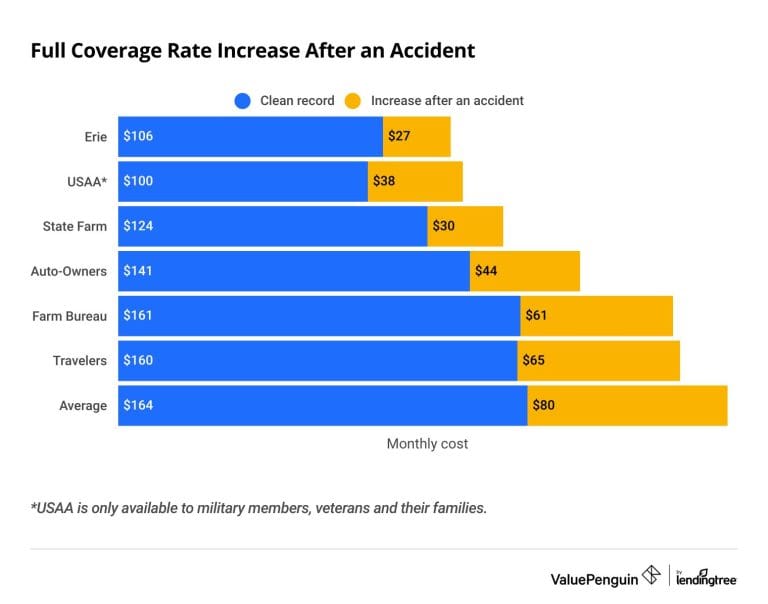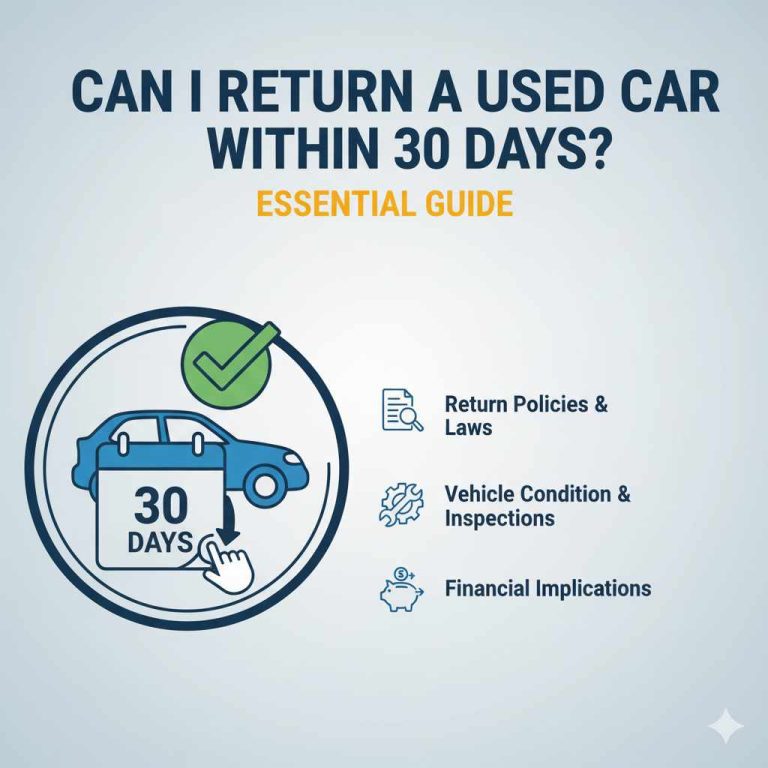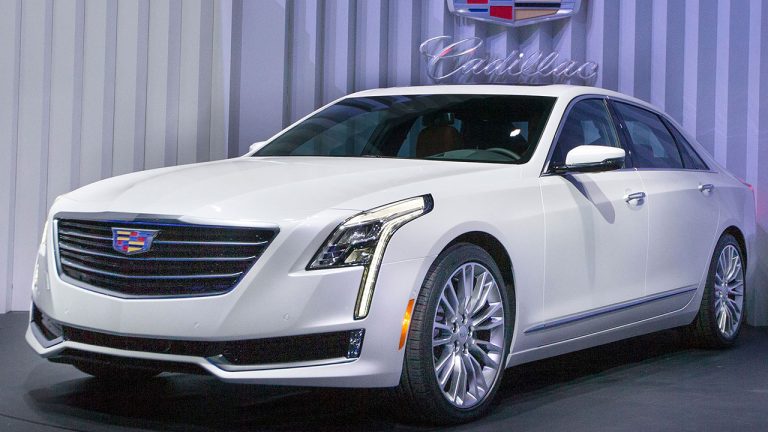Does Car Financing Affect Credit Score: Key Insights Revealed
When it comes to financing a car, many people are worried about how it will impact their credit score. After all, your credit score is a crucial factor when it comes to getting approved for loans, credit cards, and even rental applications. So, does car financing affect credit score? The answer is yes, but the impact may not be as significant as you might think.
In this blog post, we’ll take a closer look at how car financing affects your credit score, and what you can do to minimize any negative impact.
First, let’s talk about how car financing works. When you finance a car, you’re essentially taking out a loan to pay for it. The lender will check your credit score and other financial information to determine if you’re a good candidate for the loan. If you’re approved, you’ll receive the funds to purchase the car, and then you’ll make monthly payments (plus interest) to pay off the loan over time.
One thing to keep in mind is that when you apply for a car loan, the lender will perform a hard inquiry on your credit report. This inquiry will show up on your credit report and can cause a temporary dip in your credit score. However, the impact is usually minor, and your credit score should bounce back fairly quickly as long as you continue to make your payments on time.
In fact, if you make your car loan payments on time and in full each month, it can actually help improve your credit score over time. This is because a car loan is considered an installment loan, which is viewed more favorably by lenders than credit card debt (which is considered revolving debt). Having a mix of installment and revolving debt can help improve your credit mix, which is another factor that affects your credit score.
However, if you miss payments or make late payments on your car loan, it can have a negative impact on your credit score. Payment history is the most important factor when it comes to your credit score, so it’s essential to make your car loan payments on time each month.
Another factor to consider is your credit utilization ratio. This is the amount of credit you’re using compared to the amount of credit you have available. If you have a high credit utilization ratio (meaning you’re using a lot of your available credit), it can have a negative impact on your credit score. Financing a car can increase your total debt load, which can increase your credit utilization ratio. However, as long as you continue to make your payments on time and keep your credit card balances low, the impact should be minimal.
So, does paying off a car loan early hurt your credit? The answer is no, in fact, it can actually help your credit score. Paying off a loan early shows that you’re responsible with your finances and can help improve your credit utilization ratio (since you’ll have less debt). However, it’s important to note that some lenders may charge a prepayment penalty if you pay off your loan early, so be sure to read the fine print before you make any extra payments.
In conclusion, car financing does affect your credit score, but the impact is usually minor as long as you make your payments on time and keep your credit card balances low. In fact, financing a car can even help improve your credit score over time if you make your payments on time and have a mix of installment and revolving debt. So, if you’re in the market for a new car, don’t let the fear of hurting your credit score hold you back. Just be sure to shop around for the best loan terms and make your payments on time each month.







